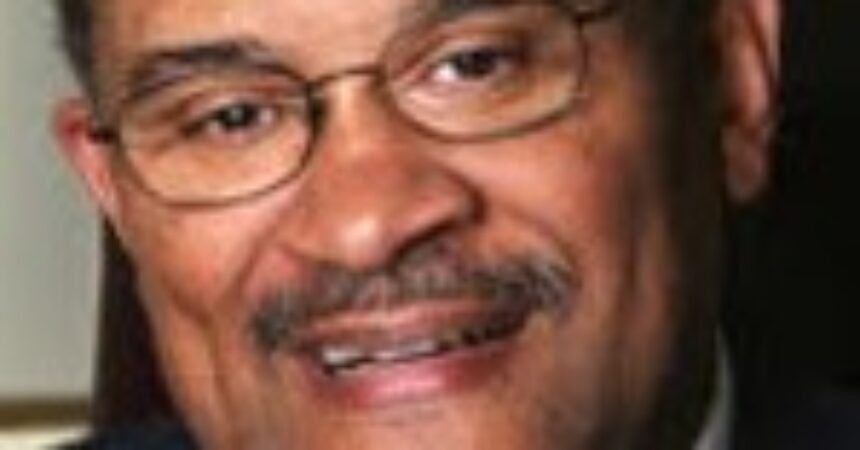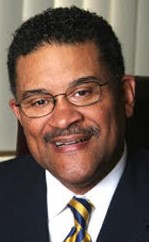
Telling Black history is preserving our legacy

EDITOR’S NOTE: This is the final article in a series about the work of the Remembering our Past … Redefining Our Present… Reaffirming Our Future:
By Larry Eugene Rivers, Ph.D
Special to the Outlook
Attacks against African American Studies are nothing new.
They have simply intensified. This scholarly discipline is not under increased assault because it is weak. The increased assaults just parallel the field’s growing impact.
In a world where people of color are the global majority and in a country where the current racial majority will be a minority by 2045, African American Studies stands at the forefront of challenging the ahistorical myths and omissions that are incompatible with a future that must be based on scientific facts, respect for diversity, and a commitment to justice.
The struggle over African American Studies is, thus, a conflict over what historian V. P. Franklin terms “the power to define.” Historian Carter G. Woodson built a critical infrastructure for African Americans to wield this power by founding what are now pillars of the scholarly examination and public discussion of African American lives: the Association for the Study of African American Life and History (1915), the Journal of African American History (1916), the Black History Bulletin (1925), and Black History Month (1926). Woodson, along with other historians and social scientists such as Anna Julia Cooper, George Washington Williams, W. E. B. Dubois, Marion Thompson Wright, Earl E. Thorpe, and Charles H. Wesley, took up the banner to show in written form that African Americans had a cultural history that merited research and preservation.
These scholars understood that the Black experience in America had to be explored from a perspective that recognized the humanity of people of African descent and incorporated their voices into the historical narrative.
I looked to the models set by these academic pioneers as I wrote books such as Father James Page: An Enslaved Preacher’s Climb to Freedom, Rebels and Runaways: Slave Resistance in Nineteenth-Century Florida, and Slavery in Florida: Territorial Days to Emancipation. I also benefited from the support of role models such as Donnie D. Bellamy and professional contemporaries such as John W. Blassingame, Nell Irvin Painter, Darlene Clark Hine, and Canter Brown, Jr.
A younger generation of historians is responding to the clarion call to continue the scholarly investigation of the Black experience in America and throughout the Diaspora. These scholars include Daina Ramey Berry, Chanta M. Haywood, Reginald Ellis, Darius Young, Larry Omar Rivers, Jelani M. Favors, Paul Ortiz, and Thomas Aiello. They and others are expanding the research and writing on African American lives with attention to the experiences of enslaved individuals, women, LGBTQ+ persons, members of Historically Black College and University communities, and many more understudied groups.
In order to protect the past and secure the future, the African American experience must be placed at the very center of telling the overall American story.
Larry Eugene Rivers is a Distinguished Professor of History at Florida A&M University.







